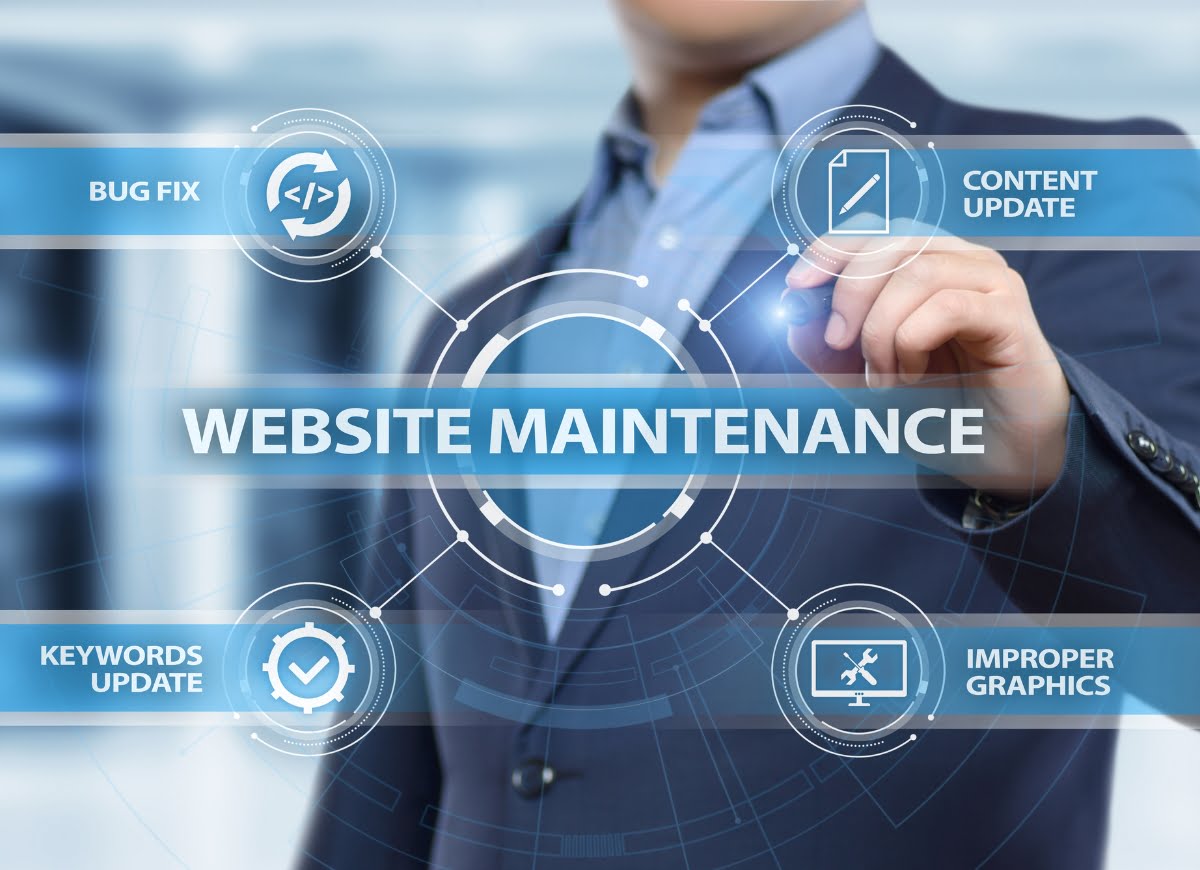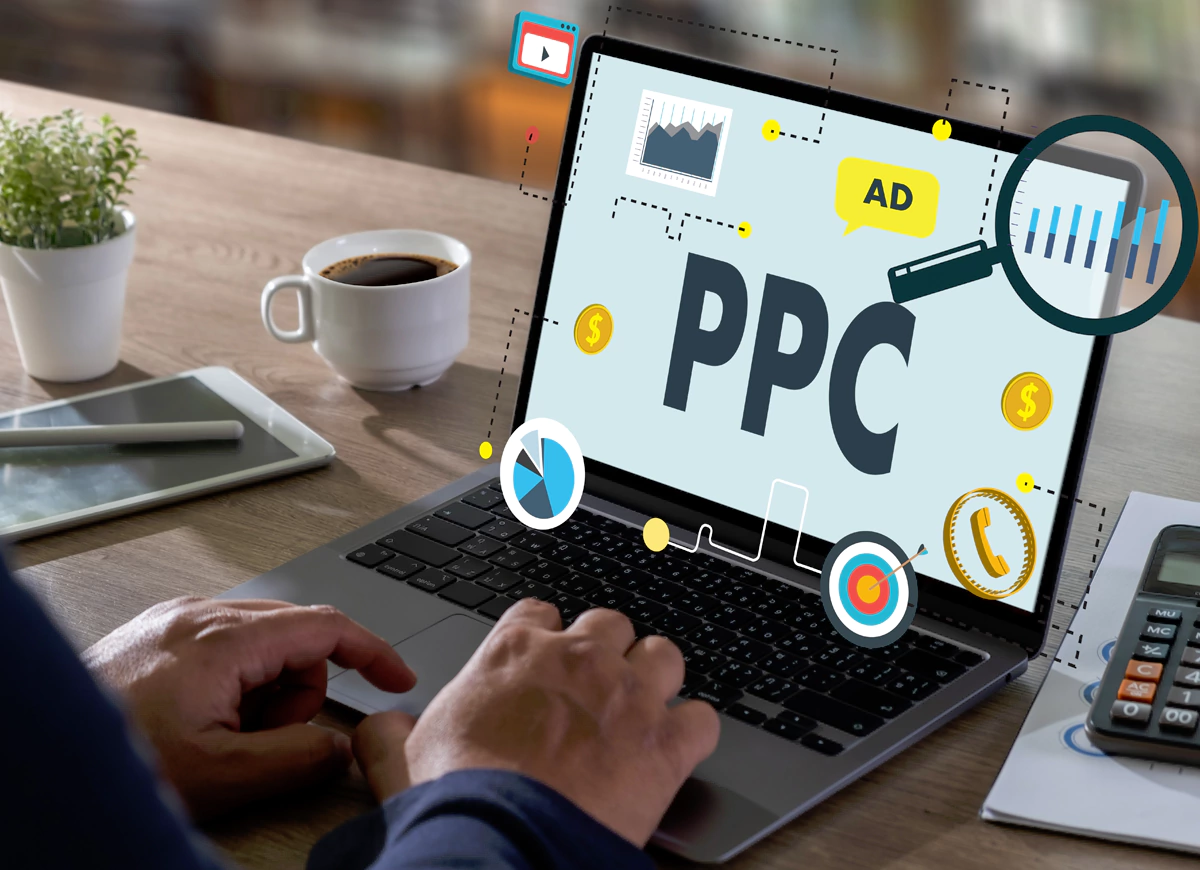Your brand’s relevance, authority, and accuracy matter a lot for search engines like Google and Bing. Weighing these three determinants, search engines decide the worth of your business website. Accordingly, your site is ranked and promoted. So, getting it right means propelling your digital presence to new heights.
But how can you prove that you’re relevant, authoritative, and accurate in your industry? One way is through the boost of ‘Local Citations.’ It’s a tool that all SEO experts use to elevate online visibility. You can also use it to bolster your small business digitally if you know how to wield it properly.
Here’s the guide that tells you how.
Local Citations Defined
A mention of your business online is what we call a Local Citation. It can be your business name, phone number, or reviews—everything counts as a mention. These mentions can come from a wide variety of platforms, such as social media, blogs, news, and directory listings.
In a nutshell, Google and Bing consider you worthy when you have a good amount of local citations. As a result, your site’s local SEO improves and is likely to appear at the top of the search results.
Outcomes of Local Citations
Everybody knows that local citations help SEO, but how exactly they help is what one should learn. Only when you know the possible outcomes can you make targeted efforts to reach them.
Here are four significant outcomes of local citations:
1. Tells Google that You are Trustworthy
If you are asking, “How do local citations help SEO?” Here’s your answer. They tell search engines that your business is trustworthy and that ranking your site high may be worthwhile. A higher number of citations means the following for search engines:
- Your business is popular.
- Your business is legitimate.
- Your business is reliable.
2. Earns Confidence of Potential Customers
Customers always look for signs to trust a business. If your business has consistent citations across various platforms, your customers will feel assured about your credibility. They will look at you as a prominent member of your industry, tempting them to try your products or services.
3. Attracts New Customers
Along with retaining current customers, finding new customers is also important for a business to survive for a long time. By building local citations, you can achieve this quite painlessly. By attracting new customers, you will see a rise in conversions, sales, and profits. This is an undeniable metric for any business.
4. Creates Niche Relevance
Local citations in niche platforms or industry-specific directories can provide your business with targeted exposure. It means you are not only enhancing your visibility, but you are enhancing it to reach relevant people. Hence, you will be seen as an authority and expert in your market segment.
Categories of Local Citations
If you think all local citations are one and the same, you are highly mistaken. Local citations are classified into two main categories, and each type boosts your digital credibility in a unique way.
1. Structured Citations
The first category is structured citations, often referred to as NAP citations. Following a specific format, these citations include information such as business name, phone number, address, and website URL. For example, find any business of your choice on Google My Business, Yellow Pages, or Yelp.
Upside of structured citations:
- Presents a consistent format for business information
- Provides valuable backlinks to websites
Downside of structured citations:
- Time-consuming to create
- Some directories may require payment./li>
2. Unstructured Citations
Contrary to the first type, unstructured citations do not follow any specific format and can appear on various websites—blogs, news articles, social media, etc. Some examples of these citation formats include mentions on Instagram or X (formerly Twitter).
Upside of unstructured citations:
- More flexible than NAP citations
- May provide a backlink that helps local search rankings
Downside of unstructured citations:
- May not include all your business information
- Possibility of wrong information/li>
Best Practices for Building Local Citations
I. General Tips:
- Consistency is Fundamental: Wherever your business information is mentioned, it should be consistent. Wrong or outdated information can confuse both search engines and potential customers. This can negatively impact your digital visibility, so check and make corrections as necessary.
- Select Reputable Platforms: Don’t lose sight of quality in search of quantity. Focus on securing citations from reputable platforms that are relevant to your industry or location. Only such citations hold the power to drive your online presence forward.
- Claim and Optimise Listings: Gain access to your business listings (wherever possible) across platforms, including popular directories, social media channels, and review websites. Optimise them further by adding more information about your business—images, business hours, website URL, and so on.
- Observe and Update: Gathering valuable citations is only half of the task; the other half includes continuously monitoring them and keeping them up to date. This ensures accuracy in all citations, improving your online presence and helping people find your business quickly.
II. Platform-Specific Citation Building Tips:
We divided this section into two categories: General Tips and Platform-Specific Citation Building Tips. Implementing these tips and steps becomes easier when you have a seasoned SEO expert with you. So, consider engaging one if at all possible.
1. Google Business Profile:
Having a listing on Google Business is lesson 101 for building local citations. It boosts your chances of showing up in local search results, bringing significant traffic to your business website. To make this listing prominently appear on Google, follow these five steps.
- Head to Google Business and follow the verification process. Once you have claimed your listing, you should start optimising it.
- Select relevant categories and help Google understand what your business is all about.
- Provide accurate NAP information, which stands for Name, Address, and Phone number. Make sure it’s the updated information that is consistent with other online directories and websites.
- Upload high-resolution images of your business that showcase an impressive catalogue of products and services.
- Write clear, informative, and compelling business descriptions with relevant keywords for SEO purposes.
- Invite customer reviews and ratings for your products and services to boost local search rankings.
When you claim and optimise your Google Business listing this way, you will see an influx of customer connections from the very next day.
2. Local Directories & Niche Websites:
Citations are indispensable to search engine algorithms that decide which businesses to show when users search for specific products or services online. So, when you add your business to local directories as well as niche sites, you increase your likelihood of being ranked highly by Google. That is why this is such a smart move.
Try these prominent platforms to build your citations:
- Yelp
- TripAdvisor
- Yellow Pages
However, make sure all the information you are using is correct and up to date. Even if you happen to change your address or phone number later, be sure to update it right away across all your citations.
If Google detects different ways to reach you, it might go against displaying your business at all to prevent bad experiences for its users. So, be attentive to your citations all the time.
3. Data Aggregators:
Websites that gather and distribute business information to different directories and search engines on your behalf are called Data Aggregators. In a way, it centralises business data and helps search engines display accurate information about your business. This, as a result, improves your online visibility and customer inflow.
While you can find many data aggregators in your research, here are a few popular ones for small and local businesses.
- Data Axle
- Foursquare
- Neustar Localeze
- Factual
Note that some may require payment to list, whereas some offer it for free. Research each alternative and choose the ones that suit your budget.
4. Encourage Customer Feedback Across Platforms:
Customer reviews are important in elevating your local search rankings. Positive reviews can draw in high Google rankings and better customer reception. For that, however, you need to be more proactive and engaged with your customers.
Follow these few proven methods to secure valuable user feedback.
- Ask – The first and most important step in gathering valuable feedback is asking for it. Be it a social media platform, email, or in person, ask your consumers to leave their reviews at the end of the service.
- Respond – Positive, neutral, or negative, always respond to your customer. Thank those who left positive feedback, acknowledge those who are neutral, and resolve issues for those with bad experiences. Overall, own up to everything.
- Enable – How easy to access are your channels for reviews? If they are not found in one go, the customer might feel discouraged to leave a review. So, include links to your business profile on review sites like Yelp. You can also facilitate a review section on your website and social media profiles.
Summary:
No doubt, local citations can be a powerful tool in your SEO arsenal. However, you need the right information to make the most of it. Hopefully, this guide gave you a detailed understanding of how local citations work. If you need expert favour for your business, reach out to Make My Website.


















